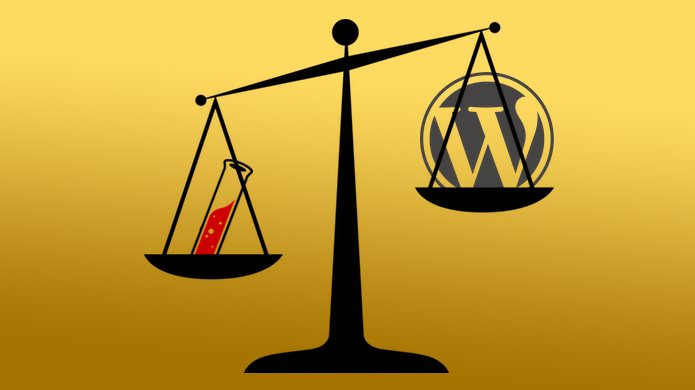Jekyll is better than Wordpress

I switched my blog from Wordpress to Jekyll.
So what is Jekyll and why should you care? Jekyll is a HTML generator. You create a directory with a bunch of files, add your posts in a specific folder and execute a command. The output is are some HTML files that you can upload to your server. This means the server does not need to execute any code and thus you do not need to update PHP, Ruby or Wordpress to keep your site running.
I only recommend Jekyll if you are either tech savvy or a full blown webdeveloper (whatever that means). You can of course follow some tutorials etc. but in the end you have to face real code. You probably even need to work with version control, HTML, CSS and the weird Jekyll syntax. Additionally execute and debug some custom build and deploy scripts. But it is worth it! You have more control over your site and are sure that whatever hype comes next your blog posts will survive.
There are a lot of other pros and cons for and against either option. But for me the most important ones are: I hate upgrading Wordpress and I hate writing posts in a browser.
Having a full blown CMS is awesome for sites you work on every day, because you get to know them and are able to add new features. They usually make your life easier. But updating just to reduce your security risks is no fun! Furthermore I do not need any fancy plugins for now.
Emacs is just more familiar for me than some weird CMS. There are workarounds that allow you to edit your posts in your favorite editor, but in the end they are just that: workarounds.
So how do I create my own Jekyll blog? I have written a small post to help you learn the basics.